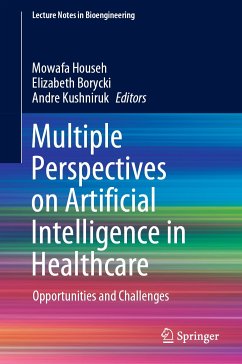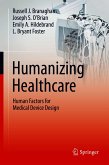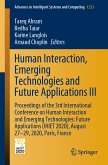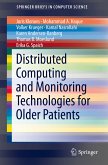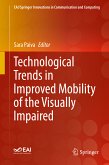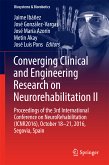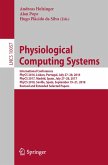This book offers a comprehensive yet concise overview of the challenges and opportunities presented by the use of artificial intelligence in healthcare. It does so by approaching the topic from multiple perspectives, e.g. the nursing, consumer, medical practitioner, healthcare manager, and data analyst perspective. It covers human factors research, discusses patient safety issues, and addresses ethical challenges, as well as important policy issues. By reporting on cutting-edge research and hands-on experience, the book offers an insightful reference guide for health information technology professionals, healthcare managers, healthcare practitioners, and patients alike, aiding them in their decision-making processes. It will also benefit students and researchers whose work involves artificial intelligence-related research issues in healthcare.
Dieser Download kann aus rechtlichen Gründen nur mit Rechnungsadresse in A, B, BG, CY, CZ, D, DK, EW, E, FIN, F, GR, HR, H, IRL, I, LT, L, LR, M, NL, PL, P, R, S, SLO, SK ausgeliefert werden.

